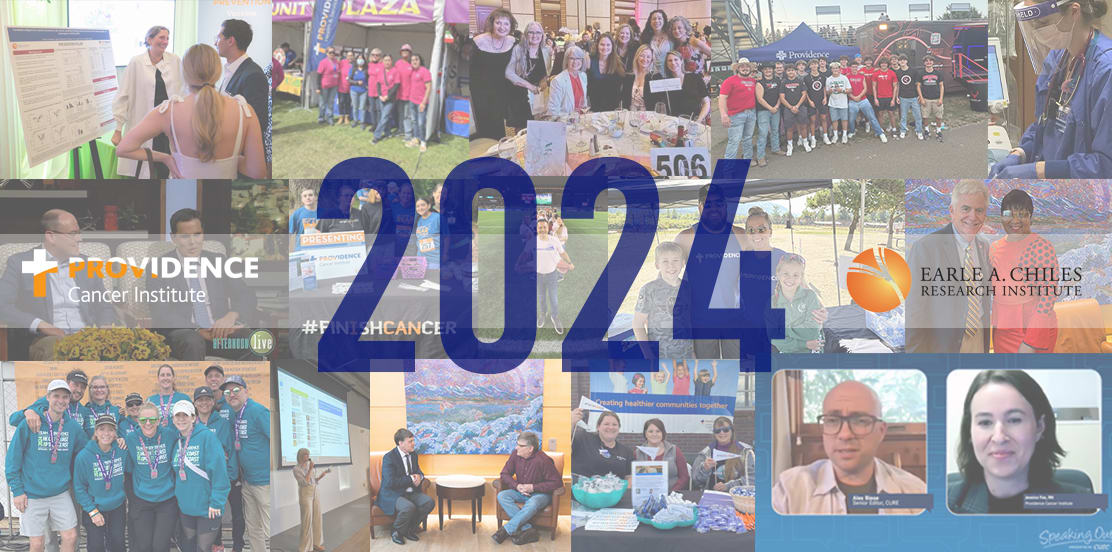Providence launches groundbreaking study to elevate real-world use of multi-cancer early detection
Renton, WASH., June 25, 2024 – Providence, a not-for-profit health system serving the Western U.S., is working to advance cancer detection by embarking on a first-of-its kind study to include examination of the real-world implementation of multi-cancer early detection blood tests as part of a study on populations with high genetic cancer risk, such as patients with Lynch syndrome or a BRCA mutation.
In this research, Providence aims to understand the ways in which people with a genetic predisposition to cancer access innovative screening tools, including the Galleri test by GRAIL, and how access to screening tools may impact the choices they make and the care they receive. Researchers will use a health equity lens – analyzing existing barriers to health care for this vulnerable population and identifying how these barriers may influence disparities in patient outcomes.
"Providence is unwavering in our commitment to improving the health and well-being of every individual we serve," said Ari Robicsek, M.D., chief analytics and research officer at Providence. "As advancements in cancer research continue to revolutionize screening and treatment options, we will be working with patients and providers to drive impactful and equitable change in cancer treatment."
The multi-year mixed methods study will follow enrolled participants for three years . Data collection includes participant surveys and interviews, and analysis of electronic health records.
Propelled by a vision of health for a better world, Providence is dedicated to furthering cancer research and care as scientists discover new treatments, further refine who is at high-risk for developing cancer and validate new tools for detecting the disease earlier. In 2021, Providence became the first health system to implement the use of the Galleri test by GRAIL.
“We are examining the care people receive, such as enhanced screening,” said Kara Bensley, Ph.D., clinical research scientist and study lead at the Health Research Accelerator. “We will be looking at how this is associated with health behaviors, attitudes, health care utilization and beliefs among those with predisposition to cancer. Through this study, we hope to improve patient outcomes and address critical disparities in health care access and delivery.”
By engaging patients and providers over the next four years, Providence is working toward fostering a deeper understanding of the unique needs of high-risk individuals and paving the way for a more equitable and effective approach to cancer care.
About Providence
Providence is a national, not-for-profit Catholic health system comprising a diverse family of organizations and driven by a belief that health is a human right. With 51 hospitals, more than 1,000 physician clinics, senior services, supportive housing, and many other health and educational services, the health system and its partners employ more than 120,000 caregivers serving communities across seven states – Alaska, California, Montana, New Mexico, Oregon, Texas, and Washington, with system offices in Renton, Wash., and Irvine, Calif. Learn about our vision of health for a better world at Providence.org



